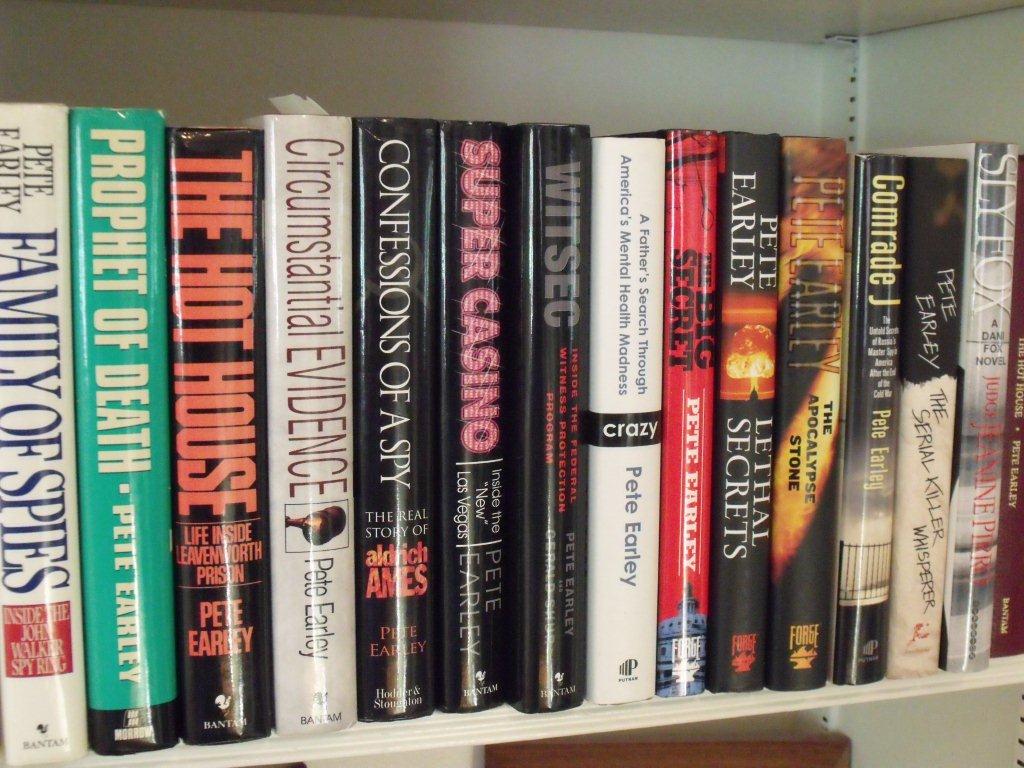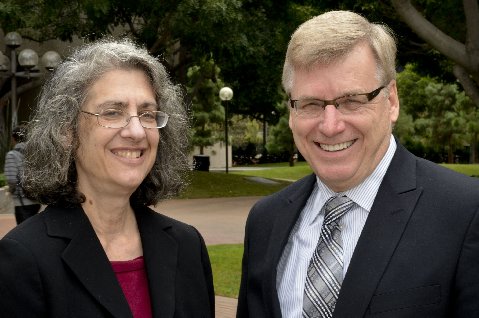
Books by Pete Earley
Books make popular Christmas gifts, although I’m not sure how you wrap an e-book and put it under your tree. In April 2010, I asked readers if they had a favorite book in their library that had influenced their thinking. Here’s what I posted. Please share with us the titles of books that you have found significant in your life or books that you have written and want to publicize. Happy reading!
First published April 19, 2010
When I was about fifteen, I read Of Human Bondage by W. Somerset Maugham and I was mesmerized. At the time, I was living in a town of a 1,000 residents in western Colorado where my father was a minister. My older sister, Alice, had died in an automobile accident and I was struggling to make sense of that age old question: “Why do bad things happen to good people?”






I feel that way about The Color Purple by Alice Walker and, interestingly, The Razor’s Edge by, who else, W. Somerset Maugham.